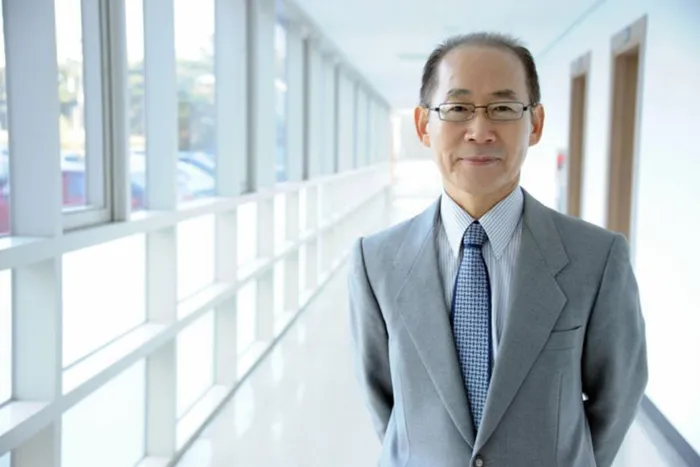
Hoesung Lee Hoesung Lee
Environment Writer
THE UN’s Intergovernmental Panel on Climate Change (IPCC) has elected Hoesung Lee from the Republic of Korea as its new leader.
Lee replaces Rajendra Pachauri, who was forced to step down early amid a controversy involving sexual harassment allegations – which he has denied.
The IPCC, comprised of about 2 000 scientists, is the ultimate authority on global climate change and produces key reports to advise governments on the issue.
Lee, 69, a professor on the economics of climate change, energy and sustainable development in Korea, was formerly one of the panel’s three vice-chairs.
The election took place in Dubrovnik in Croatia, where Lee was elected by 78 votes to 56 against Jean-Pascal van Ypersele of Belgium. Six candidates had been nominated for the position.
Climate scientists say one of the challenging aspects of climate change prediction is to downscale these to regional level, yielding information that policy-makers need to implement adaptation measures.
Recognising this, Lee said the next phase of the IPCC’s work would be to increase the panel’s understanding of regional impact, particularly in developing countries.
The body would also improve the way it communicated findings to the public. “Above all we need to provide more information about the options that exist for preventing and adapting to climate change,” Lee said.
Key findings of the IPCC’s fifth assessment report, released last year, was that the human influence on climate was clear – the more we disrupt climate, the more we risk “severe, pervasive and irreversible” impacts, and that we have the means to limit climate change through cutting greenhouse gas emissions.
The IPCC won the Nobel Peace Prize in 2007 – with Al Gore – for building up knowledge about human-made climate change and laying the foundations of what was needed to counter climate change.
Former IPCC leader Pachauri also came under fire for the inclusion of a claim in an IPCC report that it was likely that the Himalayan glaciers would disappear by 2035, which was subsequently found to be wrong. Allegations were that he had been told it was wrong, but had failed to act.